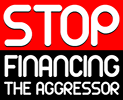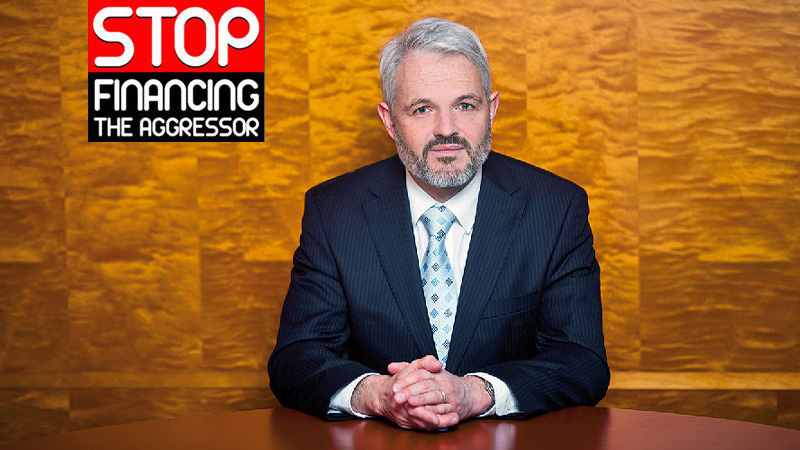For years, Europe’s large-scale purchases of gas, oil and coal contributed massively to financing Russia’s enormous arms buildup. In retrospect, this was a grave mistake with far-reaching consequences. The invasion of Ukraine by heavily armed Russian troops is ample proof of it. Europe made another fundamental mistake in becoming increasingly dependent on Russia for energy supplies, ignoring the Kremlin’s ruthless power politics and the steady rise of its military. It proved disastrous to prefer to take advantage of cheap Russian fossil fuels rather than avoid a dependence posing a security threat and contain looming military risks. These mistakes must be corrected without further hesitation or delay.
The argument that there are currently no alternatives to continued fossil fuel imports from Russia is a poor excuse. There are always alternatives, the only question is at what price. More specifically, we need to know at what rates alternative energy supplies are available, what the economic costs of expected supply shortages and necessary rationing might be, and what the measures needed to mitigate social hardship might cost. The total amount of the bill is a matter of debate among economists. But whatever the costs, we need to be clear on this: If phasing out Russian gas, Russian oil, and Russian coal today is going to be expensive (or even very expensive), this is no more than the logical and predictable consequence of an energy dependence that should never have happened in the first place. Our current dilemma is of our own making.
If phasing out Russian fossil fuels today is going to be expensive, this is no more than the logical and predictable consequence of an energy dependence that should never have happened in the first place.
Another, equally poor excuse is the argument that the Russian weaponry now being deployed in Ukraine has long been financed (with revenues from fossil fuel sales in previous years), so that halting fossil fuel imports from Russia today would not have a significant impact on the course of the war. This rather cynical way of thinking is misguided from the outset. It ignores the fact that we Europeans cannot pretend to be entirely innocent after years of profiting from cheap imports of Russian fossil fuels, thus imprudently helping to finance Russian rearmament. Today, Ukrainians are suffering the consequences of political mistakes made in Europe over the past decades. Against this background, Europe has a special responsibility to do everything in its power to place limits on the aggressor.
The energy sector is the financial lifeline of the Russian regime.
There is no question that a ban on imports of gas, oil and coal from Russia is an effective means to this end. The energy sector is the financial lifeline of the Russian regime. Using fossil fuel revenues, the regime finances the extensive propaganda machinery that keeps the media (and especially the coverage of the ongoing “special military operation”) in line, pays for the ubiquitous security services that suppress any dissent (including against the war), and subsidizes the businesses that are critical to maintaining power (and waging war). As long as fossil fuel revenues keep pouring in, the regime can also hire new mercenary troops to send into battle – so that army units neutralized by the Ukrainians in their fierce resistance, full of sacrifices, are immediately replaced by new ones. And the flow of ammunition supplies will not dwindle – despite the huge numbers of shells being fired and rockets being launched.
Instead of trembling at the idea that the Russian leader might turn off the gas tap, we must finally turn off the money tap.
Clearly, the financing of the aggressor must stop. European energy dependence on Russia, by the way, is only one side of the coin. The Russian regime’s dependence on revenues from Europe is much greater. While the energy sector is vital to the Russian regime, Europe merely faces the challenge of a painful but inevitable realignment of its energy policy. But what the Kremlin so far is much better at than we Europeans are the tactics of intimidation. This must change. Instead of trembling at the idea that the Russian leader might turn off the gas tap, we must finally turn off the money tap. There is no sufficient reason not to use this lever.
Any further hesitation or dithering is irresponsible. It amounts to just shifting the consequences of historical mistakes in European politics onto the shoulders of Ukrainians instead of shouldering our own responsibility for the necessary adjustments now. This way, the mistakes committed (and widely acknowledged) are not only not corrected, but perpetuated, for the simple reason that it may seem somewhat difficult to do without cheap natural gas supplies from Russia, which may entail certain risks for our own material well-being. We are adding another mistake of historic dimensions to the monumental mistakes of recent decades.
The economic sanctions jointly imposed by the West and its allies, while important, are clearly not sufficient as long as the main source of funding on which the Russian regime depends continues to be excluded. Because of European hesitation, the Western sanctions regime remains a half-measure that seems to leave the Kremlin largely unimpressed. This is not the way to assume our historical responsibility. Instead of half-measures, we need fully effective measures. Talk of a “turning point in history” (“Zeitenwende”) is of little use if the will to act is lacking.
What is needed is decisive action.
What is needed is decisive action. We must stand up to the aggressor and stop supporting him financially with hundreds of millions of euros every day. And this must be done from one day to the next, just as the Kremlin invaded Ukraine from one day to the next.
Peter Münch, Prof. Dr. iur., is a professor at the ZHAW School of Management and Law, Winterthur/Switzerland, where he teaches business law, international law and comparative law.
peter.muench@STOPfinancingtheaggressor.org



